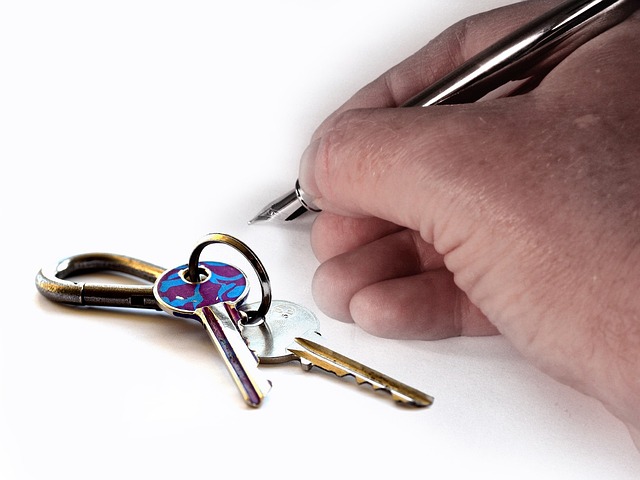In real estate, effective tenant management is crucial for successful property oversight. It includes selecting reliable tenants through screening, fostering good relationships, ensuring timely rent collection, and promptly addressing issues. Regular communication prevents maintenance problems and promotes a positive living environment while preserving the property's condition. Property managers act as intermediaries, enforcing lease terms, conducting inspections, and resolving issues, creating a harmonious environment for both landlords seeking returns and tenants desiring secure homes. Balancing legal responsibilities and ethical considerations is paramount, ensuring safe properties through regular inspections, transparent communication, and respectful treatment of tenants to avoid legal repercussions and strengthen relationships.
In the dynamic realm of real estate, effective tenant management is paramount for property success. This article delves into the multifaceted role of property managers and landlords, exploring their crucial responsibilities in overseeing tenants while adhering to legal obligations and ethical standards. We dissect strategies for maintaining property condition through proactive maintenance and meticulous habitability checks, ensuring long-term investment viability. Additionally, we uncover efficient communication tactics and dispute resolution techniques, emphasizing the importance of positive tenant relationships in the competitive real estate market.
Understanding Tenant Management in Real Estate

In the real estate sector, effective tenant management is a cornerstone of successful property oversight. It involves more than just finding and placing tenants; it’s about fostering harmonious relationships, ensuring prompt rent collection, and addressing any issues that arise. A robust tenant management strategy starts with thorough screening processes to select reliable and responsible individuals or families who will treat the property with respect.
Once tenants are in place, regular communication becomes key. Regular check-ins allow property managers to gauge tenant satisfaction, address concerns promptly, and identify potential maintenance needs before they escalate. This proactive approach not only maintains the property’s condition but also fosters a positive living environment for all occupants.
– The role of a property manager or landlord in overseeing tenants

In the realm of real estate, a property manager or landlord plays a pivotal role in overseeing tenants and maintaining the property’s condition. Their primary responsibility is to ensure that both parties fulfill their respective obligations as outlined in the lease agreement. This includes collecting rent on time, managing any maintenance issues, and facilitating communication between tenants and the management team.
A skilled property manager actively monitors tenant activities, conducts regular inspections, and addresses concerns promptly. They serve as the bridge between owners seeking optimal returns on their investments and tenants desiring safe, well-maintained living spaces. By fostering a cooperative environment, they contribute to the overall success of the real estate venture.
– Legal responsibilities and ethical considerations when dealing with tenants

When overseeing tenants and maintaining property conditions in real estate, it’s paramount to balance legal responsibilities with ethical considerations. Landlords have a duty of care to provide safe and habitable accommodations, ensuring properties meet health and safety standards. This includes regular inspections, prompt repair of amenities, and transparent communication about maintenance issues.
Ethically, landlords should treat tenants with respect, fairness, and dignity. This involves maintaining open lines of communication, respecting tenant privacy, and adhering to fair housing laws. Legal and ethical obligations are interconnected; a landlord who fails in their legal duties may face legal repercussions, while ethical conduct fosters trust and strengthens the landlord-tenant relationship, ultimately contributing to a positive real estate experience for all parties involved.






